
Hampshire Constabulary is working together with all UK police forces and a range of partners, to tackle romance fraud this October.
The multi-agency campaign, co-ordinated by the City of London Police (CoLP) runs throughout October, aiming to raise awareness of romance fraud and provide clear and unambiguous protection advice to the public, following a 26 percent rise nationally in reports to Action Fraud in the last year.
Detective Inspector, Sue Orr, from Hampshire Constabulary’s Economic Crime Unit, said:
“Romance fraud occurs when you think you’ve met the perfect partner online but they are using a fake profile to form a relationship with you. You can meet them via an online dating website or app, social media platforms such as Facebook and Instagram, or gaming sites.
“They gain your trust over a number of weeks or months and have you believe you are in a loving and caring relationship. However, the criminal’s end goal is only ever to get your money or personal information.”
Between August 2019 and August 2020, 222 reports of romance fraud were made to Action Fraud by residents of Hampshire.
The total reported loss in the same time period was £2million, equating to an average loss per victim of just over £9,000.
The top five platforms where victims reported first interacting with the criminal committing romance fraud were Facebook, Plenty of Fish, Instagram, Tinder and Match.com.
While there was a rise in reported incidents of romance fraud within Hampshire (33) in July – a 175 percent increase on the previous month. This indicates that local residents may have met, and begun talking to, romance fraudsters during the national lockdown caused by the coronavirus outbreak.
It appears as if residents in the 40 – 59 age bracket were the most at risk of romance fraud, accounting for over two fifths (42 percent) of reported incidents in Hampshire during this time period. Residents aged 60-69 were the next age group at risk, while those aged 70 – 89 seemed to be quite low risk, only accounting for 13 percent of all reports.
DI Sue Orr, continued:
“We appreciate that the majority of open communications via online dating and other platforms are genuine and shouldn’t arouse suspicion, it is always worth taking a moment to stop and think if the person could be someone that they are not. Think before parting with any money or information which could keep you safe.
“If in doubt, challenge that person – is this person really who they say they are? It’s OK to reject, refuse or ignore any requests for your financial or personal details. Only criminals will try to rush or pressure you into making a decision.”
If you think you’ve been a victim of romance fraud or a romance-based scam contact your bank immediately and report it to Action Fraud on 0300 123 2040 or via actionfraud.police.uk.

 Five-Year Isle Of Wight Area Of Outstanding Natural Beauty Plan Unanimously Approved
Five-Year Isle Of Wight Area Of Outstanding Natural Beauty Plan Unanimously Approved
 More Islanders Cross The Solent With Wightlink’s Discounted Fares For NHS Appointments
More Islanders Cross The Solent With Wightlink’s Discounted Fares For NHS Appointments
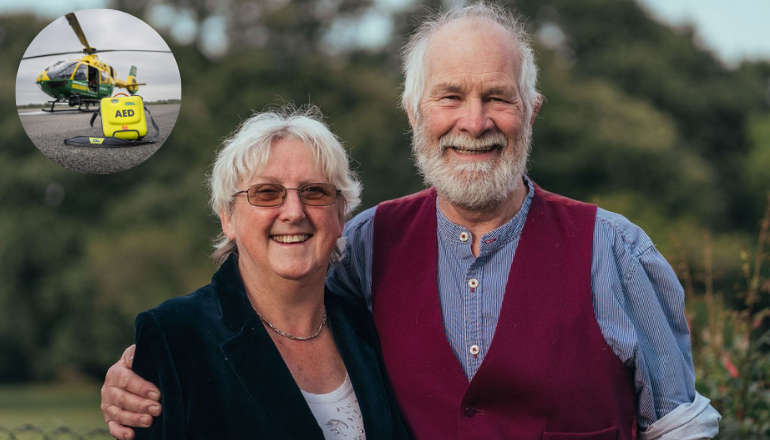 Hampshire And Isle Of Wight Air Ambulance Funds Defibrillators For The Community
Hampshire And Isle Of Wight Air Ambulance Funds Defibrillators For The Community
 Isle Of Wight Council Budget Pressures Likely To Continue Following Autumn Statement
Isle Of Wight Council Budget Pressures Likely To Continue Following Autumn Statement
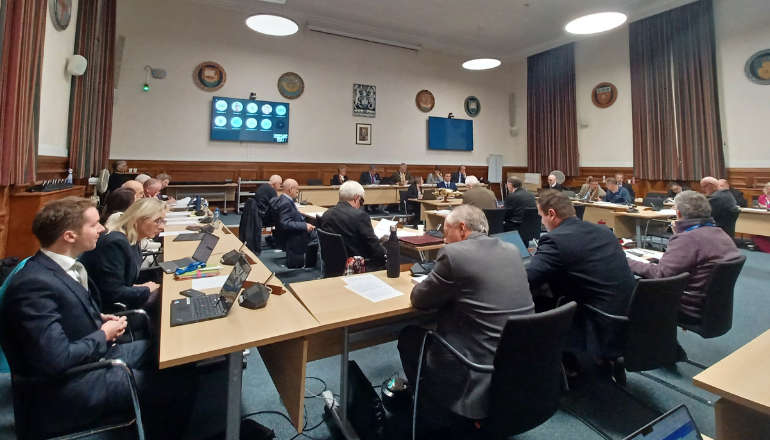 Council Approves Support Package To Help Islanders On Low Incomes
Council Approves Support Package To Help Islanders On Low Incomes
 Isle Of Wight Councillor In Mental Health Priority Motion
Isle Of Wight Councillor In Mental Health Priority Motion
 Bird Keepers Urged To Remain Vigilant Following Increased Avian Influenza Risk
Bird Keepers Urged To Remain Vigilant Following Increased Avian Influenza Risk
 Island Pupils Receive Lesson In Road Safety That Could Save Lives
Island Pupils Receive Lesson In Road Safety That Could Save Lives
 New Shanklin Flats Given Green Light
New Shanklin Flats Given Green Light
 Joe Robertson Appointed Parliamentary Private Secretary For Shadow Culture, Media And Sport
Joe Robertson Appointed Parliamentary Private Secretary For Shadow Culture, Media And Sport
 Shanklin Company Making Nuclear Waste Sorting Safer, Greener And Cheaper
Shanklin Company Making Nuclear Waste Sorting Safer, Greener And Cheaper
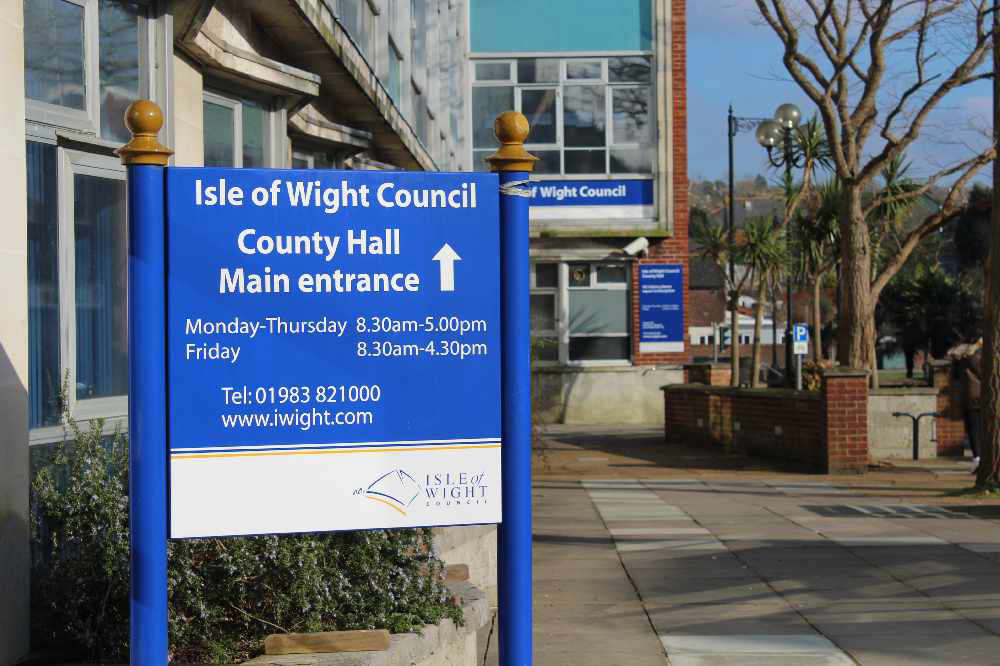 Five-Year Isle Of Wight Landscape Plan Decision On Horizon
Five-Year Isle Of Wight Landscape Plan Decision On Horizon
 Help Sought For Isle Of Wight's Struggling Small Businesses
Help Sought For Isle Of Wight's Struggling Small Businesses
 Primary School Admissions For September 2025 Now Open
Primary School Admissions For September 2025 Now Open
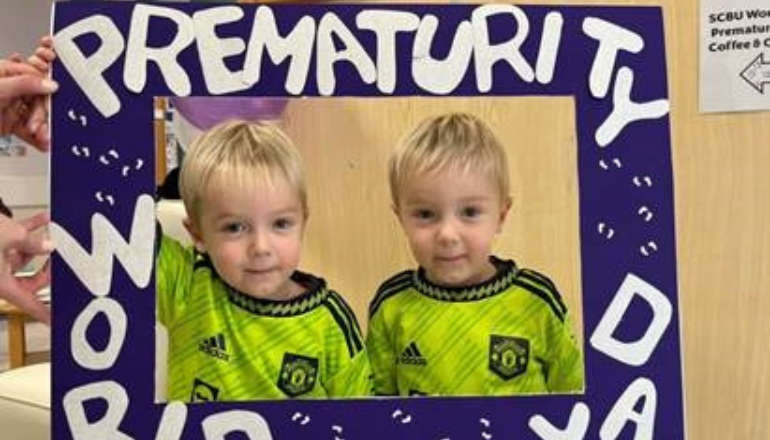 Island Families Invited To Take Tour Of St Mary's Special Care Baby Unit
Island Families Invited To Take Tour Of St Mary's Special Care Baby Unit
 Work To Sink Three Boreholes At Leeson Road Due To Finish This Week
Work To Sink Three Boreholes At Leeson Road Due To Finish This Week
 Emergency Works Underway To Repair Shanklin Culvert And Prevent Flooding
Emergency Works Underway To Repair Shanklin Culvert And Prevent Flooding
 New Strategy For Tree Care On Isle Of Wight
New Strategy For Tree Care On Isle Of Wight
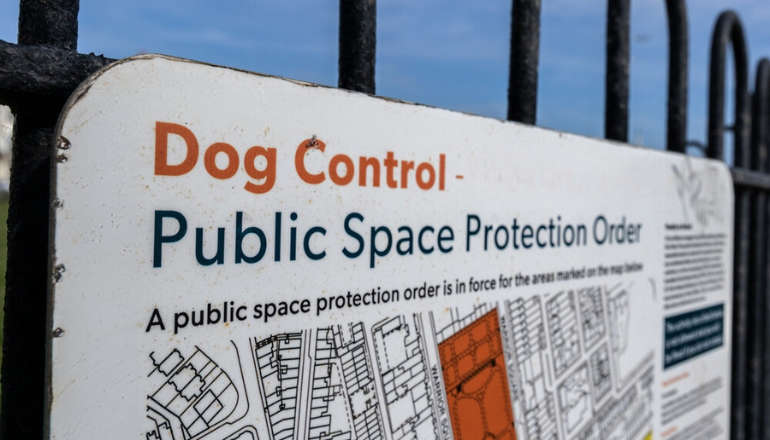 Public Spaces Protection Orders To Be Reinstated Across The Island
Public Spaces Protection Orders To Be Reinstated Across The Island
 Who Is Your Island Tourism Hero? Red Funnel's Isle Of Wight Award Nominations Open For 2025
Who Is Your Island Tourism Hero? Red Funnel's Isle Of Wight Award Nominations Open For 2025


